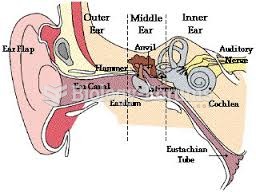|
|
|
Dogs have been used in studies to detect various cancers in human subjects. They have been trained to sniff breath samples from humans that were collected by having them breathe into special tubes. These people included 55 lung cancer patients, 31 breast cancer patients, and 83 cancer-free patients. The dogs detected 54 of the 55 lung cancer patients as having cancer, detected 28 of the 31 breast cancer patients, and gave only three false-positive results (detecting cancer in people who didn't have it).
Although puberty usually occurs in the early teenage years, the world's youngest parents were two Chinese children who had their first baby when they were 8 and 9 years of age.
Thyroid conditions may make getting pregnant impossible.
A seasonal flu vaccine is the best way to reduce the chances you will get seasonal influenza and spread it to others.
Blood in the urine can be a sign of a kidney stone, glomerulonephritis, or other kidney problems.







